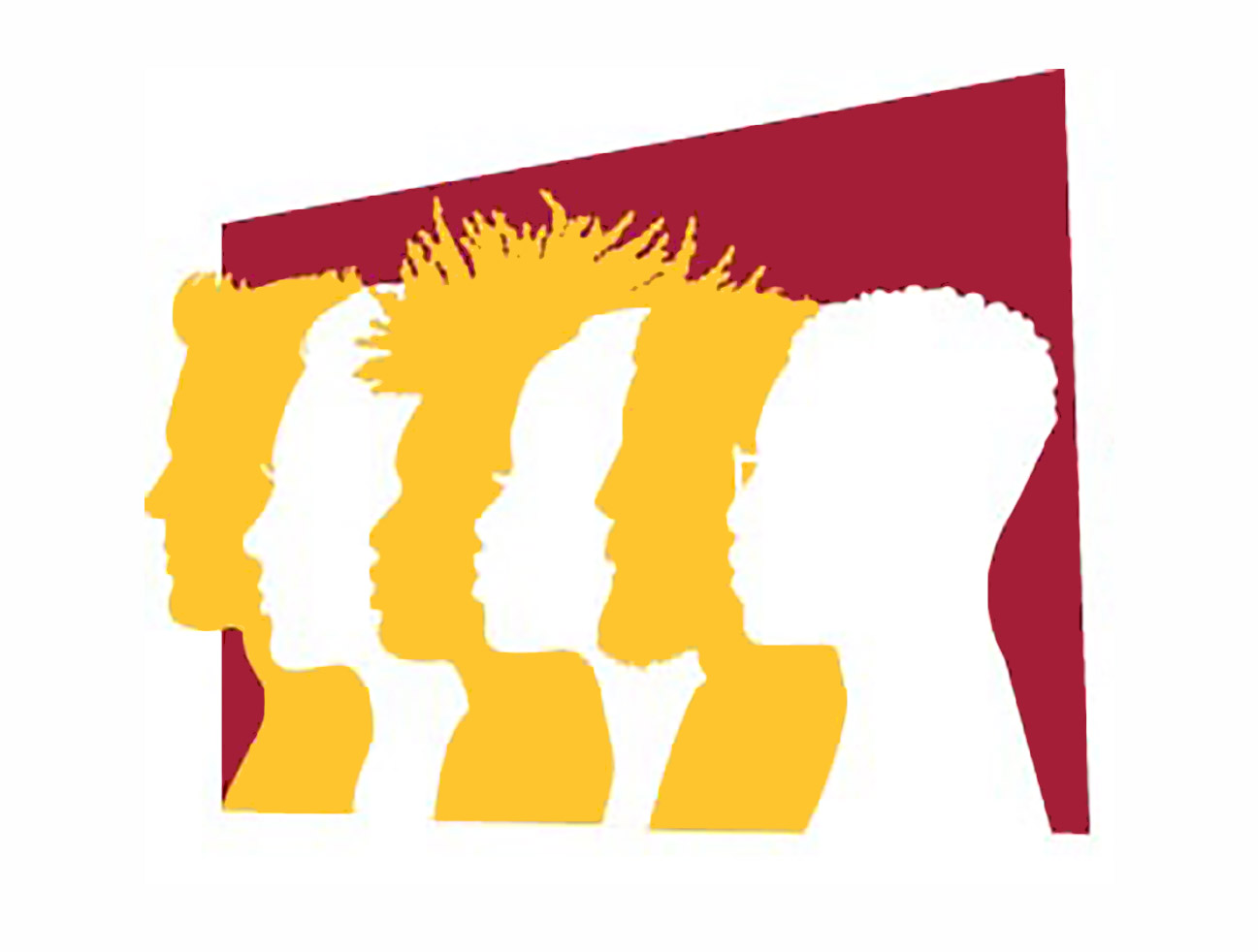Center Launches Much Needed New Study with $1.5 Million National Science Foundation Grant
Who are higher education faculty in the U.S.? This may seem like a simplistic question, but the reality is that, on a national level, we don’t really know.
It’s been nearly two decades since there has been nationally representative data collected about faculty, with the last National Study of Postsecondary Faculty (NSPSF) conducted in 2004.
Now, thanks to a $1.5 million grant from the National Science Foundation, the Pullias Center – under the leadership of Adrianna Kezar and KC Culver – will develop and pilot a national study that will provide a contemporary understanding of postsecondary faculty in the United States. The Faculty, Academic Careers and Environments (FACE) project will provide much needed data at a time when faculty nationwide face unprecedented changes.
A wide range of organizations have been advocating for the need for this data to support campus, state and federal policy, including national associations such as the American Association of University Professors and the American Association of Colleges and Universities, federal agencies, and disciplinary societies.
Since the last NSPSF in 2004, faculty roles and contracts have changed significantly. There is no recent data to understand what these changes mean for faculty, their work lives, and their ability to be effective in their jobs, especially in terms of student success. Students’ choice of majors have also shifted since 2004, and yet we only have a partial understanding of the distribution of faculty across different disciplines.
There is also a need to better understand faculty roles and how the environments in which they work impact their effectiveness. This is especially important for increasing the hiring and retention of diverse faculty, a critical factor for the success of historically-underrepresented college students.
Most of what we currently know about faculty comes from previous narrow efforts, including surveys limited to full-time faculty and/or faculty in specific disciplines, and surveys that are limited in scope to information like faculty rank and salary. This Pullias Center FACE project is breakthrough because it takes a more inclusive and broad-reaching approach, including faculty across a range of institutional types — two-year and four-year, public and private institutions, minority-serving institutions and tribal colleges, open-access and selective institutions — as well as across a range of disciplines and backgrounds.
The Pullias Center’s FACE study will also address a wide range of issues that were not at the forefront back in 2004, such as sense of belonging, resources available to non-tenure track faculty, workload, and the institutional climate for diversity, equity and inclusion. These are issues we know affect faculty satisfaction, retention, effectiveness, involvement in student success efforts, and productivity.
In addition to collecting pilot data, the FACE project creates the infrastructure required for full-scale data collection in the future to achieve a nationally-representative understanding of who faculty are, the work they do, and how campuses support their effectiveness.
Intentional design of the methods and processes used to collect this data is necessary to achieve adequate inclusion of faculty voices that often go unheard in other efforts, including faculty with marginalized identities and roles in the institution.
Co-principal investigator KC Culver, an assistant professor at the University of Alabama, explains the importance of this planning: “Getting data about the experiences of part-time faculty can be particularly challenging. In fact, even their existence can be difficult to capture.”
The FACE project team also includes Emily Koren, a postdoctoral scholar; John W. Curtis, a consultant who has conducted a number of survey research projects on faculty; and Caren Arbeit, a senior research education analyst at RTI International. RTI, which manages several federal data projects (e.g., IPEDS, Early Career Doctorates), will support development and data collection for this project.
The project’s advisory board brings additional expertise on survey research, as well as faculty careers and working conditions at different institutional types, including representatives from all of the major non-governmental sources of faculty data. Advisory members include Jackie Bichsel (Director of Research, CUPA-HR), Todd Benson (Executive Director and Principal Investigator, COACHE), Allison BrckaLorenz (Project Manager, FSSE), Kevin Eagan (Director, HERI, UCLA), Kimberly Griffin (Associate Dean of Graduate Studies and Faculty Affairs, University of Maryland), AJ Jaeger (Executive Director, Belk Center for Community College Leadership and Research, NC State University), Christine Keller (Executive Director and CEO, AIR), and Hans-Joerg Tiede (Director of Research, AAUP).
The need for adequate representation of faculty in non-tenure track and part-time roles is strongly aligned with the purpose of the Delphi Project on the Changing Faculty and Student Success. Since 2012, the Delphi Project, led by Pullias Center Director Adrianna Kezar, has worked to enhance awareness about the changing faculty using research and data to better support faculty off the tenure track and to help create new faculty models to support higher education institutions in the future. Kezar notes, “This research project is one of the most important efforts in decades as it addresses a critical information gap necessary for campuses, states and the federal government to make policy and practice decisions informed by data.”








